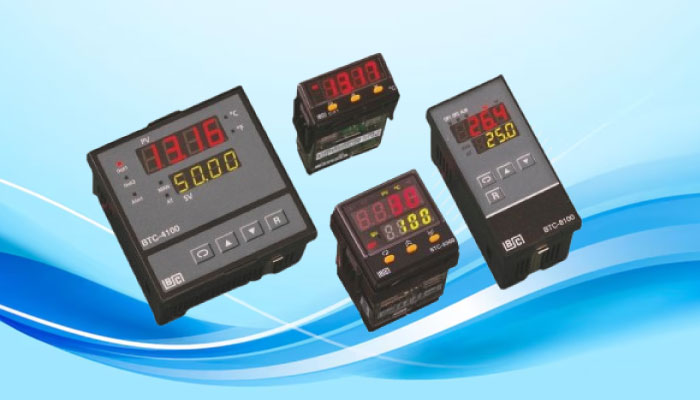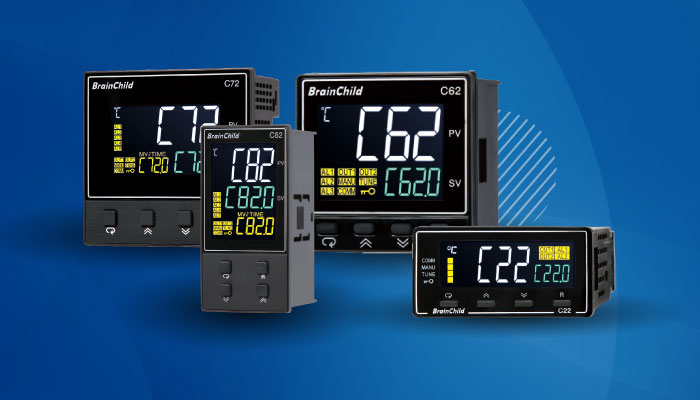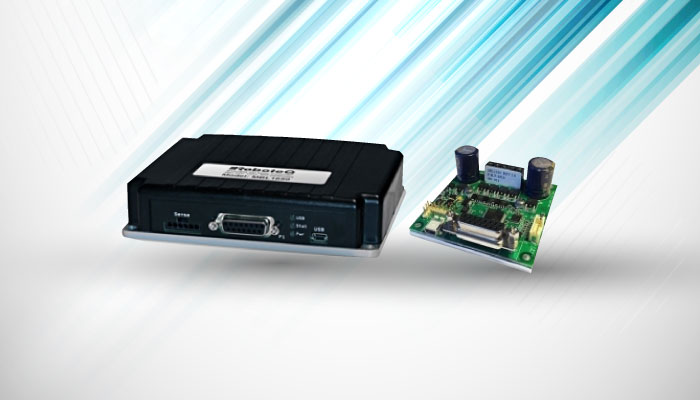Smart Manufacturing with DC Motor Controllers Integrating IoT and Automation
.png)
In the ever-evolving landscape of manufacturing, the integration of smart technologies has become a cornerstone for achieving greater efficiency, precision, and adaptability. Among these advancements, the synergy between DC motor controllers and the Internet of Things (IoT) stands out as a transformative force, enabling the rise of smart manufacturing. This blog delves into how DC motor controllers, when integrated with IoT and automation, revolutionize the manufacturing process, driving industries toward a future of unprecedented operational excellence.
The Role of DC Motor Controllers in Manufacturing
DC motor controllers are critical components in industrial applications, providing precise control over motor speed and torque. These controllers are essential in various manufacturing processes, including conveyor systems, robotic arms, and precision machining. By regulating the performance of DC motors, these controllers ensure optimal operation, energy efficiency, and reduced wear and tear on mechanical components.
IoT: The Backbone of Smart Manufacturing
The Internet of Things (IoT) is essential to modern smart manufacturing. IoT connects physical devices to the internet, enabling real-time data exchange and decision-making. In a manufacturing setup, IoT sensors and devices collect data on machine performance, environmental conditions, and production metrics. This data is then transmitted to a centralized system for analysis, providing insights that drive efficiency and productivity improvements.
Integrating DC Motor Controllers with IoT
When DC motor controllers are integrated with IoT, the manufacturing floor transforms into a dynamic, interconnected ecosystem. Here’s how this integration enhances manufacturing operations:
- Real-time Monitoring and Control: IoT-enabled DC motor controllers allow for real-time monitoring of motor performance. Sensors collect data on parameters like speed, temperature, and vibration. This data is continuously transmitted to a central control system, enabling immediate adjustments and interventions.
- Predictive Maintenance: One of the most significant benefits of IoT integration is predictive maintenance. By analyzing data trends, the system can predict when a motor is likely to fail or require maintenance. This proactive approach minimizes downtime, reduces maintenance costs, and extends the lifespan of the equipment. Predictive maintenance ensures that motors are serviced only when necessary, avoiding the pitfalls of both over-maintenance and unexpected breakdowns.
- Energy Efficiency: Energy consumption is a critical concern in manufacturing. IoT-enabled DC motor controllers optimize energy use by adjusting motor performance based on real-time demand.
- Enhanced Automation: IoT integration enhances automation by enabling seamless communication between machines. DC motor controllers can be programmed to respond to inputs from other IoT devices, creating a fully automated and responsive manufacturing environment.
Several industries have successfully implemented IoT-enabled DC motor controllers, showcasing the tangible benefits of this integration.
- Automotive Manufacturing: In automotive assembly lines, IoT-enabled DC motor controllers ensure precise control of robotic arms, enhancing the accuracy and speed of tasks such as welding and painting. Real-time data monitoring and predictive maintenance have significantly reduced downtime, resulting in higher productivity and lower operational costs.
- Food and Beverage Industry: In the food processing sector, DC motor controllers are used in conveyor systems to transport products through various stages of production. IoT integration allows for precise control and monitoring of these conveyors, ensuring consistent product quality and minimizing waste. Predictive maintenance has also been instrumental in maintaining hygiene standards by preventing unexpected equipment failures.
- Textile Industry: In textile manufacturing, IoT-enabled DC motor controllers manage the speed and tension of spinning and weaving machines. This precise control leads to higher-quality fabrics with fewer defects. Additionally, real-time data helps in quickly identifying and addressing production bottlenecks, thereby improving overall efficiency.
- Pharmaceutical Industry: The pharmaceutical sector benefits from IoT-enabled DC motor controllers in processes like pill coating, mixing, and packaging. These controllers ensure precise operations, which are critical for maintaining product quality and compliance with regulatory standards. Predictive maintenance reduces the risk of equipment failure, which is vital in maintaining the integrity of pharmaceutical products.
- Logistics and Warehousing: In logistics and warehousing, automated guided vehicles (AGVs) and conveyor systems equipped with IoT-enabled DC motor controllers enhance the efficiency of material handling and inventory management. These systems can adapt to changing workloads in real time, ensuring optimal performance and reducing operational costs.
The Future of Smart Manufacturing
The integration of DC motor controllers with IoT and automation is transforming manufacturing, enabling seamless machine communication, enhanced efficiency, and adaptability with minimal human intervention. Emerging technologies like AI and ML will further optimize motor performance, predictive maintenance, and energy efficiency. This synergy heralds a future of smarter, more resilient, and sustainable manufacturing processes.
Ready to revolutionize your manufacturing process with cutting-edge technology?
Discover the power of Theta Controls' DC motor controllers. Enhance efficiency, reduce downtime, and stay ahead in the smart manufacturing era. Contact Theta Controls today to learn how our solutions can transform your operations and drive your business forward.


